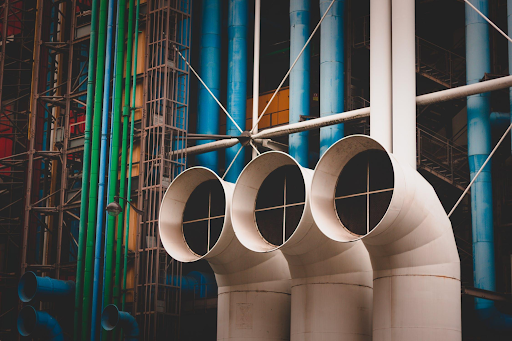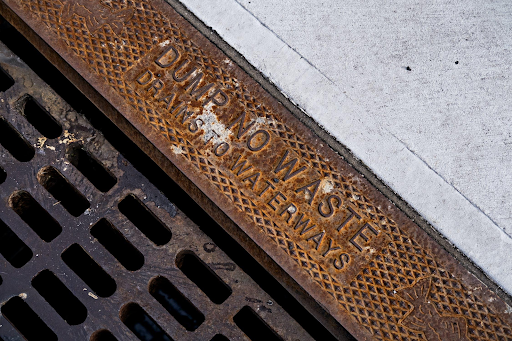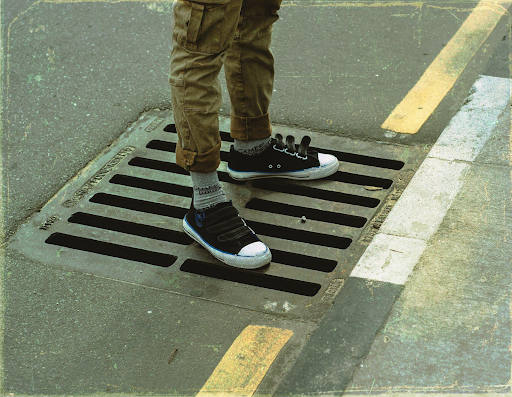Except you are a professional in the matter, the word “drainage” will probably not pique your interest that much. Moreover, drainage isn’t likely to be one of the first things you would consider when building your home. Yet, it is one of the most essential things, as properly designed and implemented drainage is what will have your home and property protected from water damage and flooding.
Sadly, regarding home maintenance projects, the home’s drains often get overlooked. Since drains are one of the most utilized home features, you shouldn’t wait until something becomes an expensive problem before you pay attention to the structural integrity and performance of your home’s drains.
One of the most ideal things you can do for your drains is to develop a frequent drain-cleaning schedule to eliminate clogs and debris from the system. In this article, are, therefore, ways by which keeping up with drains can save your home and money.
Table of Contents
What is Drainage and How Does It Work?
Drainage is the artificial or natural method of interception and transportation of stormwater runoff. There are various components to drainage, and it is often designed as a system placed around residential buildings in order to eliminate excess water from the environment.
Drains are known to get rid of excess water and redirect it to an approved catchment area or central reservoir. They give room for water to flow elsewhere, to prevent flooding, mold, and property damage.
Water is capable of causing a lot of problems if it is not well planned for. Quick changes in weather conditions are gradually becoming the norm, and the rate of freak storm events followed by unprecedented levels of precipitation keeps increasing. Therefore, it is more critical than ever to have a solid drainage system that is well-equipped for sporadic climatic changes.
Types of Drainage Systems
Trench Drains
These are a surface system of drainage. They are a series of grates and trenches that transport water through an underground pipe. This pipe directs the water to other approved runoff areas of an outlet. Trench drains help to prevent pooling and flooding from taking place and usually have a slight slope to allow easy entrance of water.
Among the materials for the application of trench drains, stainless steel trench drains are the best due to their strength, safety, and economic factors, amongst others.
Subsurface Drainage Systems
They are often used to ensure that water doesn’t accumulate in the soil substrate around your home. They consist of a major drain which is fed by several underground pipes and ditches. Their installation requires some groundwork to be undertaken.
Slope Drainage Systems
These prevent the accumulation of groundwater by changing its direction away from your home via several inclined pipes. The angle makes sure that water enters the drains but does not pool.
French Drains
A French drainage system is commonly used in residential projects to redirect water away from homes and landscaping. French drains comprise a number of pipes moving water runoff away from property and in the direction of grey water systems, cisterns, or swales.
How Keeping Up With Drainage Saves Homes and Money
Prevents Expenses Associated With Pipe Blockages

One of the obvious advantages of frequently cleaning your drains is noticing a reduction in how many times your pipes get blocked or clogged. Failure to clean your pipes can give room to solid matter accumulation in your pipes, which could lead to a blocked sewer line or a pipe bursting, which is costly to fix.
Clogged pipes negatively affect drainage from your toilets, tubs, and sinks by preventing the flow of waste and water through the plumbing system. However, regularly cleaning your drains helps to remove clogs while they are still small, thereby not giving room for them to completely block and damage the pipe, which would require an expensive replacement.
Nevertheless, you are not expected to wait until you observe that water is taking an unusually long period to drain away before you clean your drains.
Prevents Spending Unnecessarily on Air Fresheners
When your drains are not cleaned for a long period, unwanted waste adds up and sits in your pipes. The odor from this unwanted waste will then creep up your drains and straight into your home. The odor that comes out of clogged pipes and drains is offensive and easily penetrates every area of the home.
Since the odor is usually a combination of different smells from mold, rooting debris, sewage gas, and mildew, the moment it enters your home, it may be difficult to get rid of it.
As an attempt to provide a solution to the offensive smell, it may result in considerable expenses on air fresheners. However, cleaning your drains, at most weekly, will prevent your home from stinking.
Prevents Damage to Property
Fixing a sewage backup problem in the home can be very costly. In many cases, anything that gets damaged by sewage has to be thrown away and replaced. Moreover, the cleaning and repair fees are expensive, and you may not wish to continue living in the home until all of the cleaning and repairs have been carried out.
Therefore, making sure that your drains are freely flowing without hindrances will significantly reduce the risk of property damage resulting from a sewage backup.
Increases the Lifespan of Pipes
Replacing pipes is an expensive project that the majority of homeowners carry out only when it is completely critical. Regularly cleaning the drains eliminates build-up in the pipes that can result in cracking and corrosion over time, thereby increasing the lifespan of the pipes and minimizing the risk of leaks.
Likewise, having your drains frequently cleaned will help you figure out all issues with the pipes before a catastrophic failure occurs.
Avoid Disasters

Frequently cleaning your pipes will help to make sure your home is saved from main sewage problems. On the other hand, failure to have your pipes cleaned can be disastrous, both environmentally and economically, as described in this article. Hence, you should always avoid leaving your drains unattended to.





